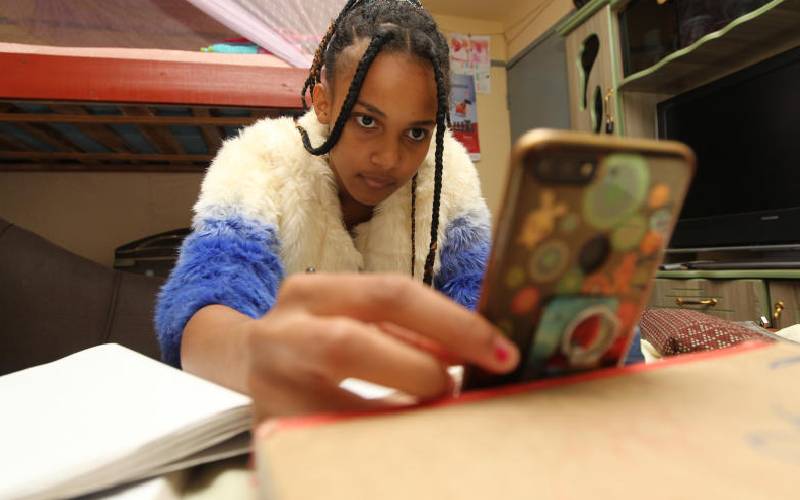
Like millions of pupils in Kenya, young Eva Jerotich has access to her mother’s smartphone. At only 10 years of age, she is able to navigate its numerous apps to access millions of games and movies. On most evenings, she takes the phone from her mother and soon she is right at the centre of the internet jungle all by herself at least for the next one hour. Her 15-year-old sister, Mayanne Chepkoech, has her own phone and has accounts on Facebook and Instagram where she has built a network of mostly faceless friends with whom she chats endlessly.
Eva and Maryanne are just two out of millions of children in Kenya’s homes who have free access to the internet through smartphones. In a word, they are in a jungle without a guide.